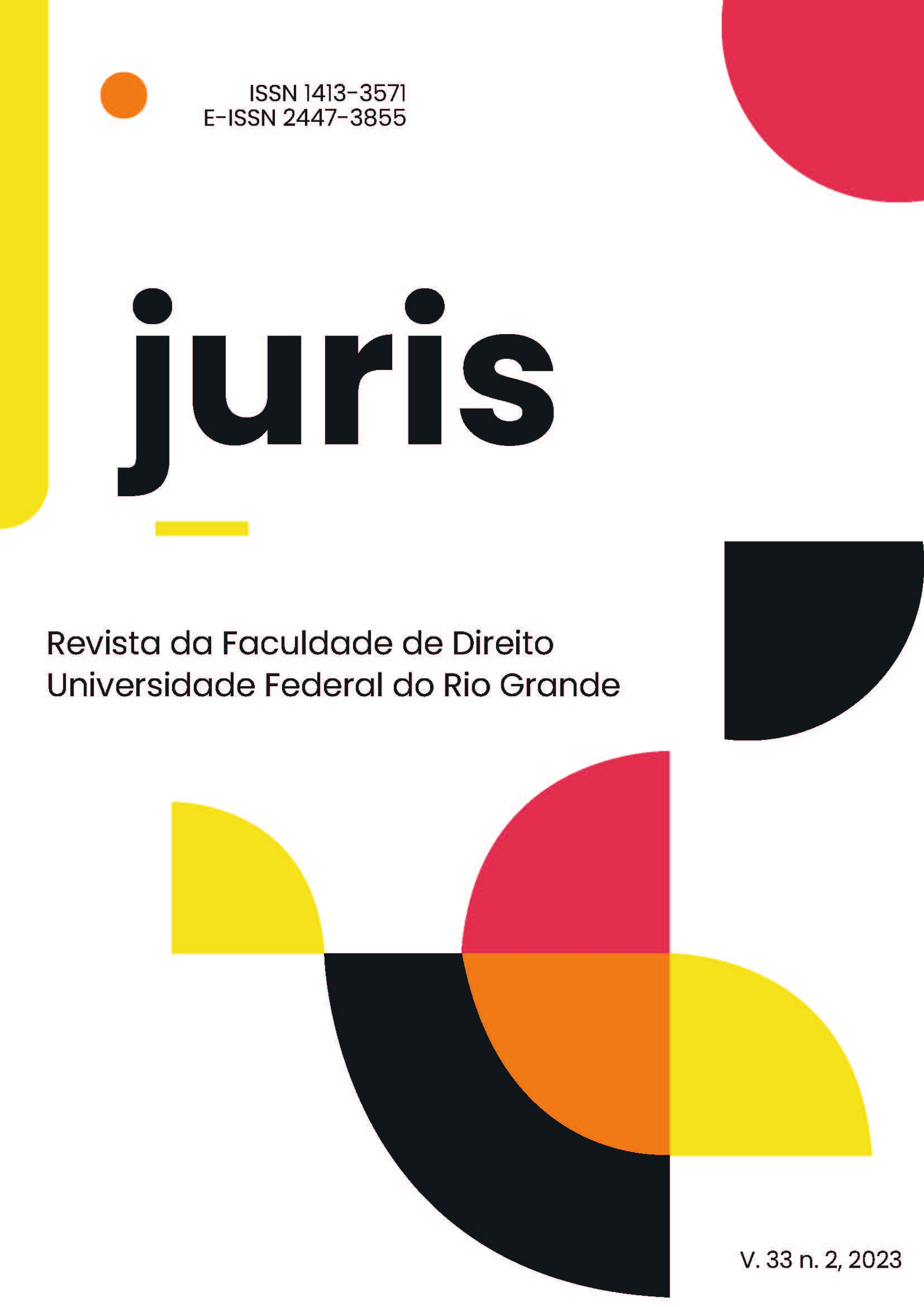Legal doctrines and interdisciplinarity:
envisioning a productive discourse
DOI:
https://doi.org/10.14295/juris.v34i1.17176Keywords:
Interdisciplinarity, Doctrine, Sources of law, AuthorityAbstract
Could dogmatics be considered too parochial in comparison to global jurisprudence, too constricted for interdisciplinary engagement, or insufficiently innovative from an academic standpoint? This article endeavors to refute contemporary critiques of dogmatics and propose a constructive dialogue as a corollary to the perspectives outlined by Baptista and Mendonça. To this end, it posits that dogmatics could leverage analyses of real-world phenomena through lenses such as economic, comparative, political, empirical, or behavioral rationalities, thus underpinning causal nexuses as a basis for imputation. In seeking to delineate the contours of this constructive dialogue, the initial section furnishes rationales for appreciating the pivotal role of dogmatics, which demands a creative impetus in legal evolution. Moreover, the acknowledgment of a document as a fount of law presupposes the recognition of said document (or its progenitor) as an authoritative source whose adherence to stipulations is presumed in select circumstances. Subsequent sections will address the practical jurist's perspective and avenues for engagement with dogmatics, followed by an examination of the theoretical jurist's purview and methodologies inherent to dogmatic formulation. An effort will be made to counter the criticism alleging that dogmatics is too narrowly configured to grapple with contemporary issues from an interdisciplinary standpoint. This discussion will proffer grounds for positing that interdisciplinarity, dogmatics, and scientific inquiry can coalesce to establish a framework wherein extrajuridical rationalities assume authoritative import, a tenet germane to jurisprudential discourse on legal sources.
Downloads
Downloads
Published
How to Cite
Issue
Section
License

This work is licensed under a Creative Commons Attribution 3.0 Unported License.
Ao encaminhar os originais, o(s) autor(es) cede(m) os direitos de publicação para a JURIS.







